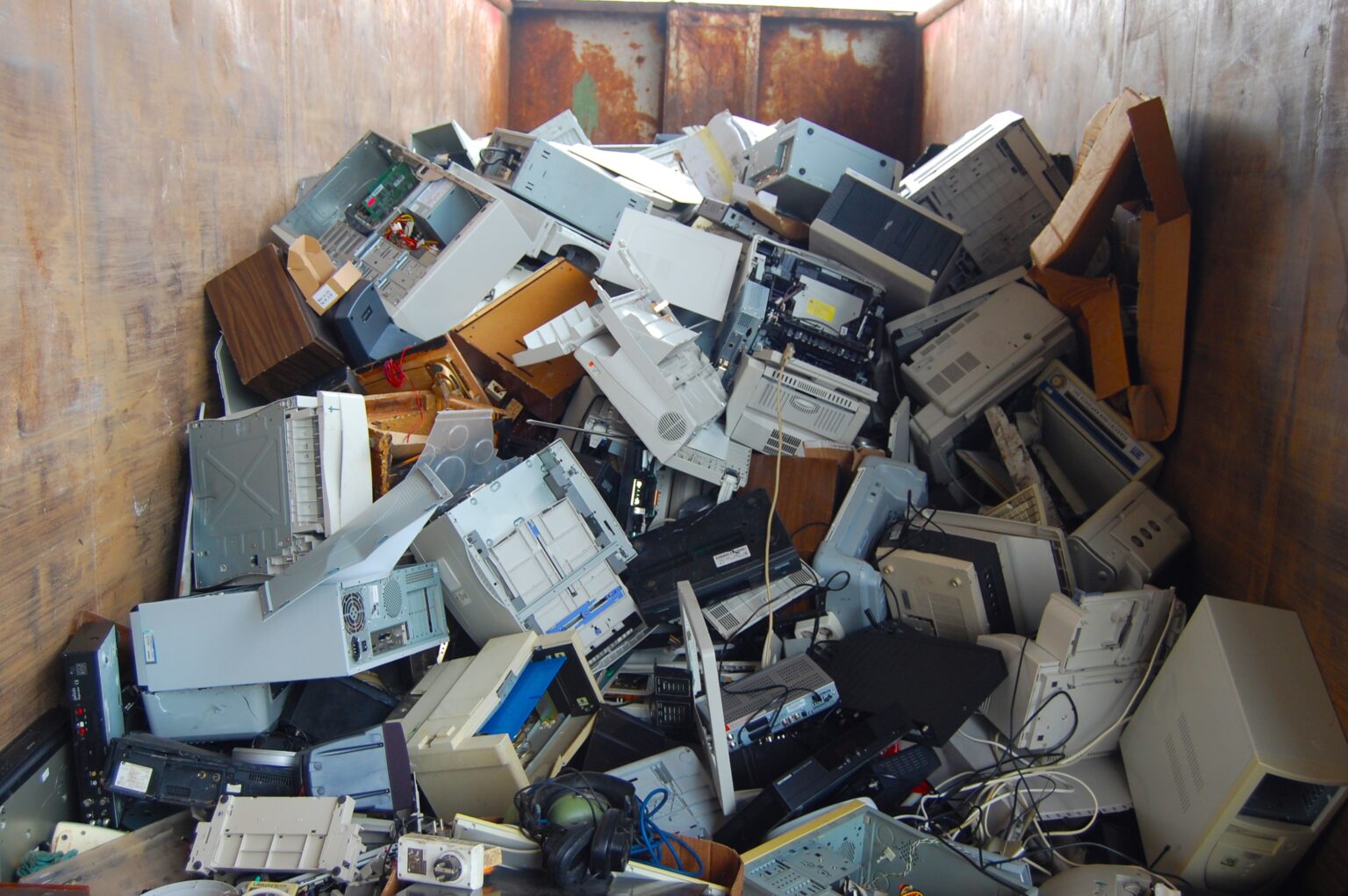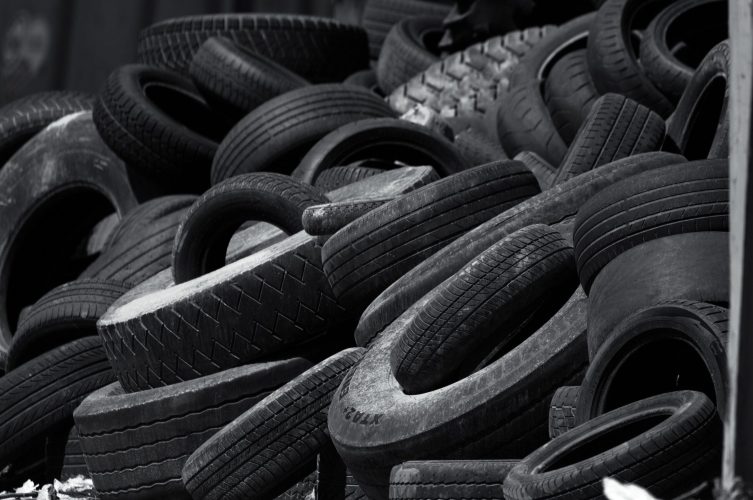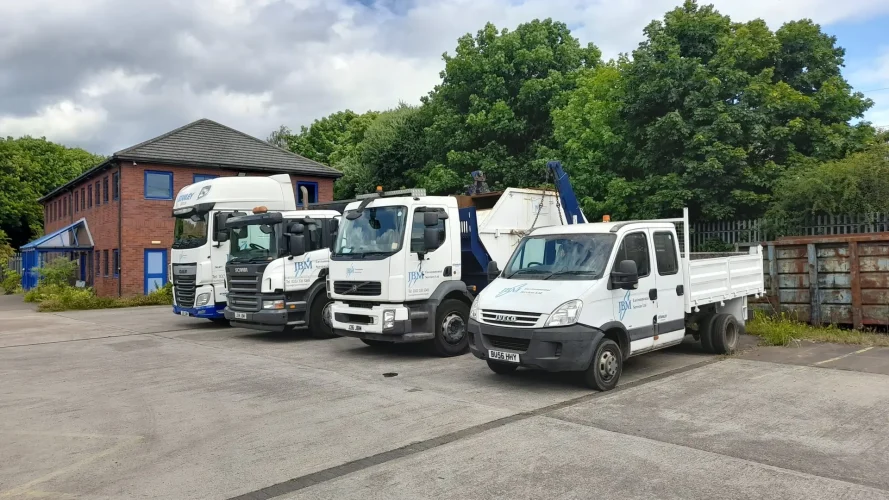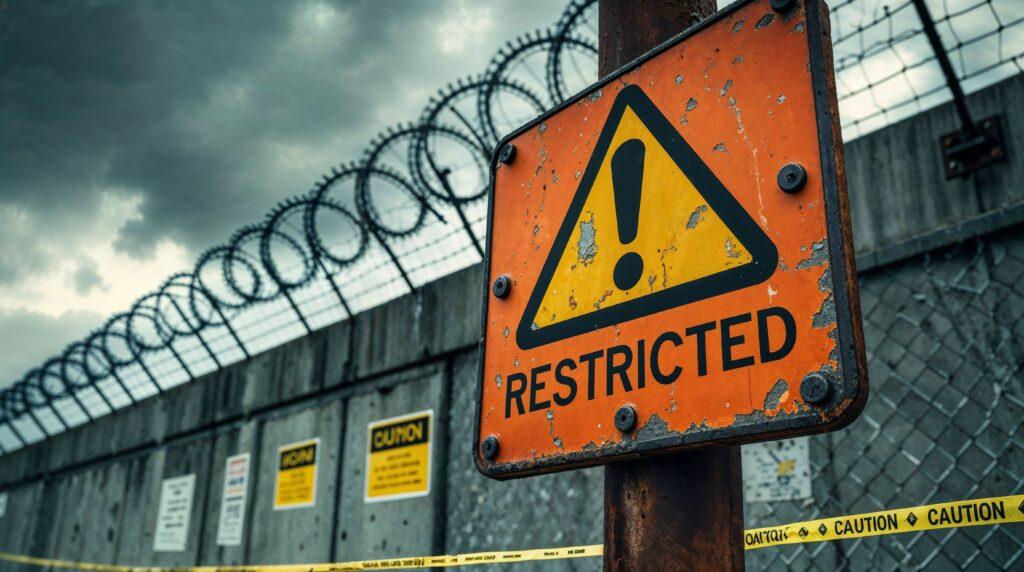What Can’t Go in a Skip?
Hiring a skip is one of the easiest ways to handle waste. Whether you are clearing out a loft, working on a home renovation, or managing a busy building site, a skip keeps everything contained and saves countless trips to the tip.
However, not all waste can go into a skip. Some materials are classed as restricted because they are hazardous, harmful to the environment, or require specialist treatment under UK waste regulations. Ignoring these rules can cause delays, extra charges, or even fines.
At JBM Environmental Services, we want to make skip hire straightforward. That means being clear about what is and isn’t allowed. This guide explains the main restricted items, why they are restricted, and how you can deal with them safely.
Why Are Some Items Restricted?
Restricted items fall into three main categories:
Health and safety risks. Some waste, such as asbestos or chemicals, poses a direct danger to people if not handled correctly.
Environmental concerns. Items like POPs furniture, batteries, and electricals contain harmful substances that could pollute soil or water if they are not processed properly.
Legal requirements. UK waste regulations require certain materials to be separated and treated through specialist recycling or disposal streams. For example, WEEE waste and plasterboard have their own strict disposal rules.
In short, restrictions are not about making life harder; they exist to protect people, communities, and the environment.

Restricted Items You Cannot Put in a Skip
Construction and DIY Waste
Asbestos – highly dangerous, must only be handled by specialists.
Plasterboard – banned from skips because it gives off harmful gases when mixed with other waste.
Bitumen and tarmac – often treated as hazardous.
Adhesives, glues, paint stripper, solvents – flammable and toxic.
Paints and varnishes – even the tins with residue.
Insulation containing fibres or asbestos.
Contaminated soil or rubble.
Household and Bulky Waste
Mattresses – tricky to recycle and need specialist handling.
Sofas, chairs, and other upholstered furniture – older items may contain POPs, a harmful chemical.
Carpets and underlay – especially those containing hazardous materials.
Furniture with built-in electrics – like recliner chairs.
Electrical and Electronic Waste (WEEE)
TVs and computer monitors.
Fridges and freezers.
Washing machines, dishwashers, ovens, and microwaves.
Laptops, printers, and photocopiers.
Small electricals – kettles, toasters, hairdryers.
Light fittings, fluorescent tubes, LED bulbs, and halogen bulbs.
Automotive Waste
Tyres.
Car batteries.
Engine oil and lubricants.
Petrol, diesel, brake fluid, and antifreeze.
Car parts that still contain oil or fluid.
Gas, Chemicals, and Hazardous Liquids
Gas bottles and pressurised containers – including propane, butane, oxygen, and fire extinguishers.
Aerosols – hairspray, deodorant, spray paint.
Household cleaners – bleach, ammonia, drain unblocker.
Pesticides, herbicides, and weed killers.
Pharmaceuticals and medical chemicals.
Mercury items – like old thermometers.
Garden Waste
Japanese knotweed – a controlled invasive plant species.
Contaminated soil or turf.
Treated railway sleepers.
Garden fertilisers and chemicals.
Medical Waste
Syringes and needles.
Medicines.
Bandages and dressings.
Anything that could be classed as biohazardous.
Other Hazardous Items
Batteries – all types, including lithium-ion.
Fireworks and explosives.
Ammunition or firearms.
Strong acids, alkalis, or corrosive substances.
Radioactive materials.
Large amounts of plaster dust.
Any kind of liquid waste – oil, paint, fuel, chemicals, even containers full of water.
Restricted Items You Cannot Put in a Skip
This is not a complete or exhaustive list. Other items may fall under these categories, and waste regulations can change over time. If you’re unsure whether something can go in your skip, it’s always best to contact JBM Environmental Services for advice.

What Happens If Restricted Waste Goes Into a Skip?
If restricted waste ends up in a skip by mistake, it cannot simply be processed with general rubbish. The load may be rejected at the waste facility, leading to extra charges for sorting and disposal. In some cases, there could even be fines for breaching environmental rules.
This is why it is always best to check in advance. A quick call to our team at JBM can save you time, money, and unnecessary stress.
What Happens If Restricted Waste Goes Into a Skip?
Just because an item cannot go in a skip does not mean it has to be difficult to get rid of. There are plenty of safe and compliant alternatives:
Man with a Van Service – At JBM Environmental Services, we offer a flexible Man with a Van service for many of the restricted items listed above. If you have mattresses, sofas, white goods, or other bulky waste that cannot go into a skip, our team can collect it for you.
Specialist disposal routes – Asbestos, medical waste, and hazardous chemicals must be handled by licensed facilities. We can point you in the right direction.
Recycling centres – Local authority sites often accept WEEE items, batteries, and lightbulbs for safe recycling.
Return schemes – Gas bottles, for example, can often be returned to the supplier. Tyres can usually be taken back by garages.
By choosing the right route, you ensure your waste is handled safely and legally.

Why Choose JBM Environmental Services?
We know that waste management can feel complicated, especially when it comes to restricted items. That is why we go beyond simple skip hire. Our goal is to provide solutions that fit your needs, whether that means hiring a skip, arranging a Man with a Van collection, or advising you on specialist disposal.
With years of experience in the industry, we make sure your waste is handled responsibly, in line with UK regulations, and with the environment in mind.
If you are planning a project and want to make sure your waste is managed the right way, get in touch with JBM Environmental Services today.
Tel:0333 335 5349 Email: [email protected]
Share This Post!
Share this blog post on your social media channels and join us in our mission to protect the environment from waste.
